The latest insights.
Insights

blog
Why Public Procurement Needed a Glow-Up
And What It Means for Innovators Like Plentific

blog
Driving resident portal adoption in social landlords: Practical tips for success after go live
Boost resident portal adoption with early engagement, natural touchpoints and smart nudges to improve services, ease pressure and enhance digital experience.

blog
Leading Through a Pivotal Moment: How Data, Technology and People Will Shape the Future of Social Housing
Explore how leadership, data, and technology are shaping the future of social housing, driving smarter, proactive services and resident-focused solutions.

blog
Open Frameworks and Dynamic Markets under the Procurement Act 2023: what they mean for UK public sector procurement
Explore how the Procurement Act 2023 introduces Open Frameworks and Dynamic Markets — reshaping flexibility, competition, and innovation in UK public procurement.

blog
Field Service Management in Social Housing: The Complete Guide
Discover how Field Service Management transforms social housing — improving efficiency, compliance, and resident satisfaction through smarter operations.

blog
The Future of Social Housing - What's Next for Leadership
Explore the four forces shaping UK social housing in 2025/26 and how leadership can drive change through data, AI, and human-centred innovation.

blog
Why Systems & Intelligence is the Definitive Force in Social Housing
Systems & Intelligence unite data, AI, and orchestration to boost social housing efficiency, resilience, and proactive, resident-focused service delivery.

blog
Empowering People, Perfecting Process: How Technology Builds Organisational Capability
Empowering staff with technology and data strengthens social housing: enhancing empathy, efficiency, process integrity, and resident-focused delivery.

blog
Technology is the Bridge to Sector Aspirations
Technology is the bridge helping UK social housing providers meet new regulations, manage investment, and deliver safer, smarter homes.

blog
From Reactive to Proactive: Mastering Compliance with Systems and Data
Social housing faces new laws like Awaab’s Law and the Decent Homes Standard. Integrated tech is key to achieving compliance and protecting residents.

blog
How Systems and Data Can Maximise Social Housing Investment
£55bn in funding offers housing providers huge opportunity. Reliable data and systems are key to securing investment and delivering lasting impact.

blog
Awaab’s Law: Putting People First with Technology, Insights and Teamwork
Awaab’s Law is about people. See how Plentific helps housing providers protect residents with compliance tools, reporting, and teamwork.
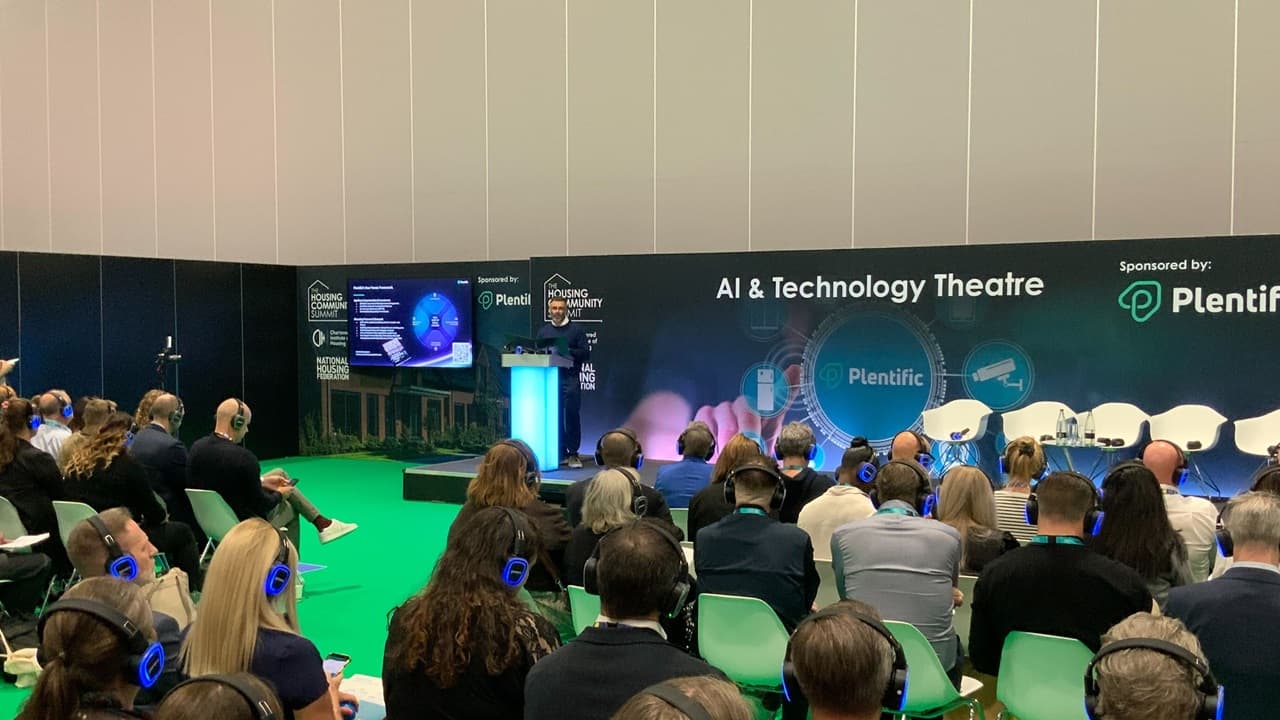
blog
A Turning Point for Housing: Why AI and Intelligent Workflows Are Essential for Awaab’s Law and Beyond
Awaab’s Law brings strict deadlines and big challenges. Discover how AI, IoT and data-driven workflows can help housing providers deliver safer homes.
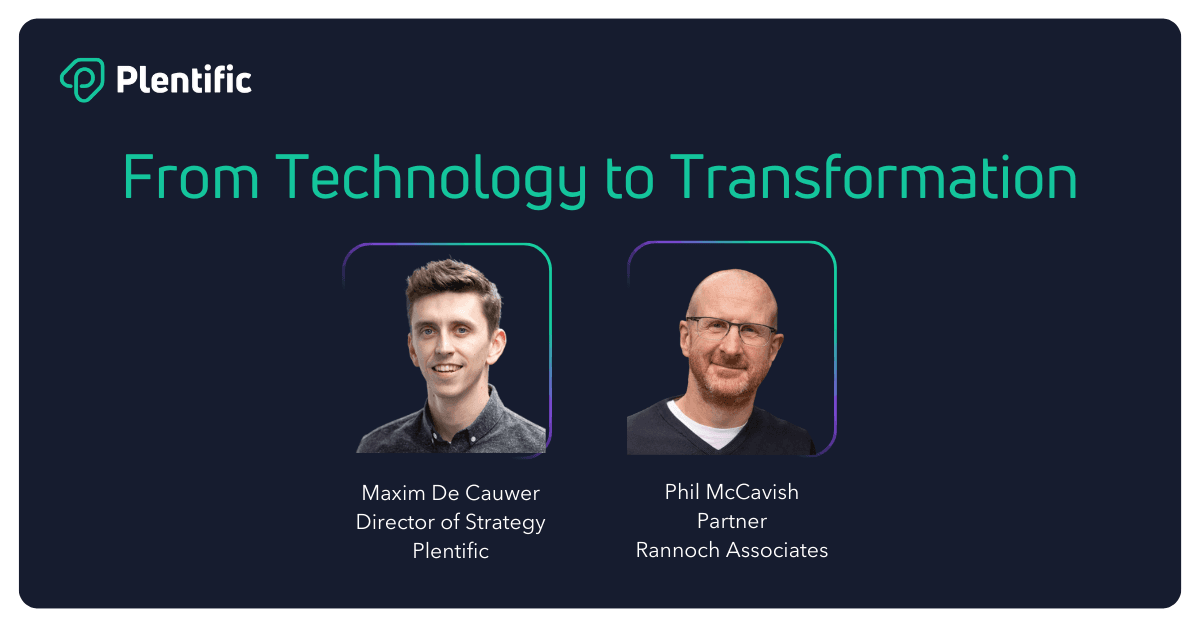
blog
From Technology to Transformation: The Critical Role of Operating Models in Housing
AI can transform housing, but ROI comes from aligning tech with the right operating model—delivering faster services, lower costs, and better outcomes.
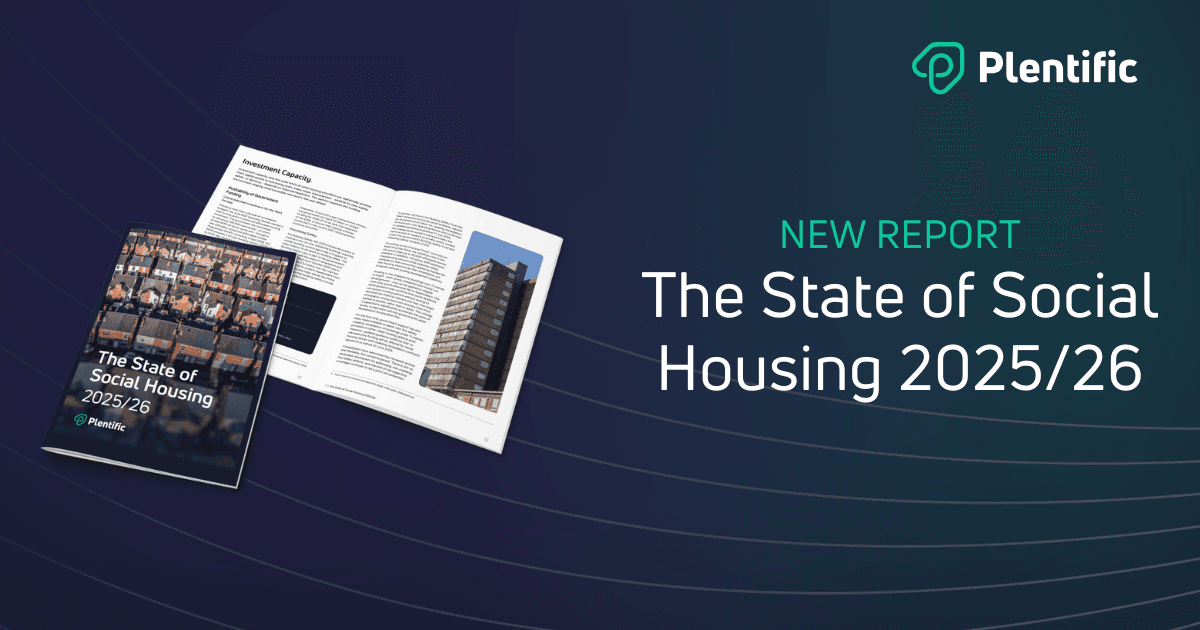
blog
Navigating 2025/26: An Introduction to the Four Forces Shaping Social Housing
Discover the Four Forces shaping UK social housing in 2025/26—investment, governance, capability and systems—plus reforms, risks, and actions for resilience.

blog
Transforming Procurement: How technology and AI enable procurement
Discover how technology and AI transform procurement in housing—boosting efficiency, compliance, and resident value under the Procurement Act.

blog
Scaling with Purpose: How Technology is Reshaping Social Housing
Discover how technology helps social housing providers scale with purpose, improve efficiency, and create thriving, resident-first communities.

blog
Future-Ready Student Housing: Trends and challenges, and how Plentific can support
Discover how student housing is evolving, focusing on modern student expectations, industry challenges, and how Plentific's platform supports providers.

blog
AI & Main Contractors: Transforming Awaab’s Law Delivery with Data, IoT & Intelligent Workflows
How AI, IoT and smart workflows help main contractors and housing providers deliver Awaab’s Law, driving safer homes and proactive compliance.
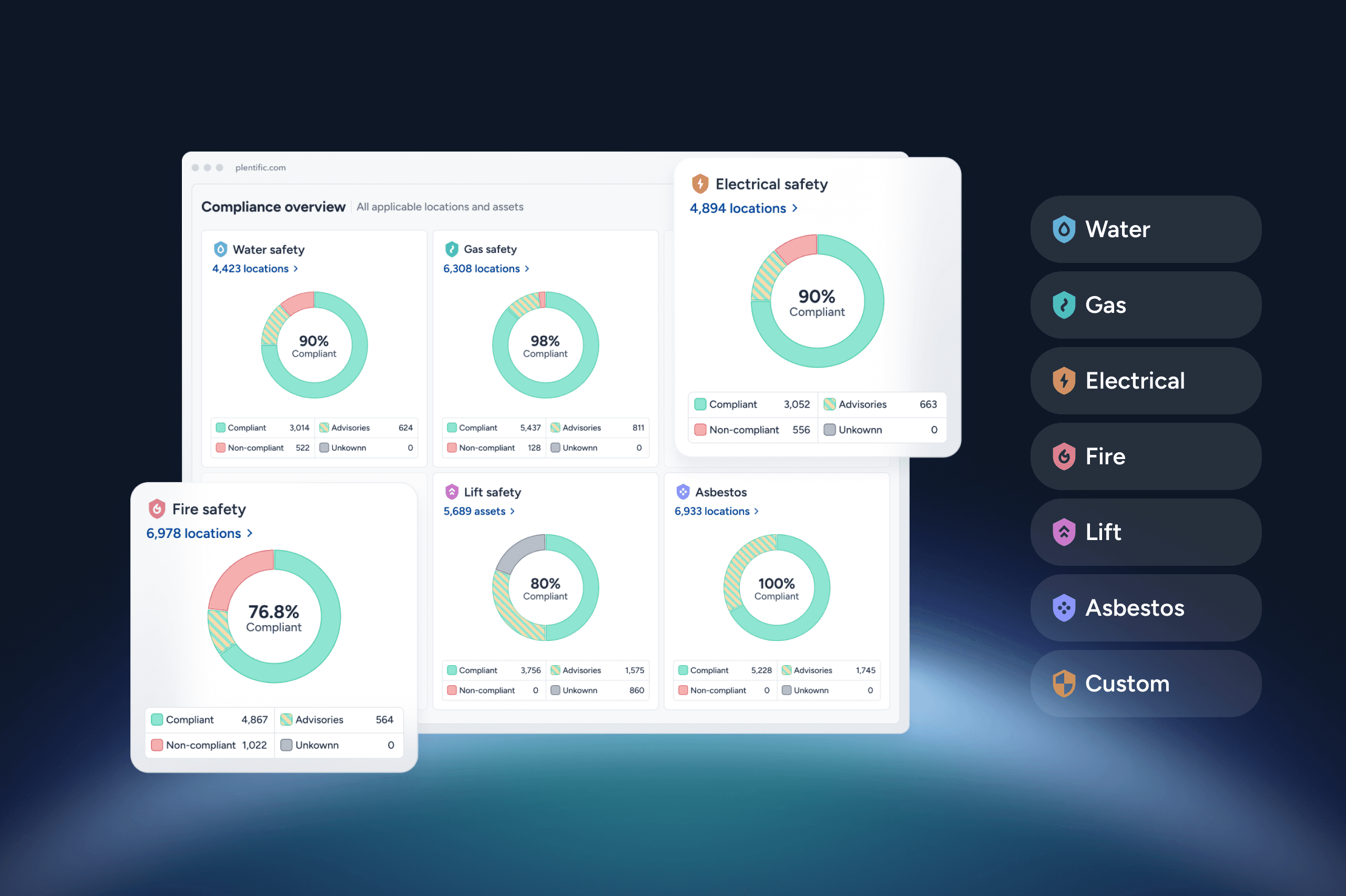
blog
Best in class compliance starts here: Streamline housing management with Plentific and TCW
Streamline compliance with Plentific + TCW: smart validation, automated workflows, real-time dashboards, and end-to-end audit-ready housing management.

blog
Compliance & Risk Reporting Readiness: Building the Audit Trail That Awaab’s Law Demands
Build a robust digital audit trail to meet Awaab’s Law. Track, prove, and evidence every step in your risk response—more than compliance, it's assurance.

blog
From Data to Action: A Panel Recap on the Future of Compliance
Discover how Plentific and TCW are transforming housing compliance with smart data, automation, and proactive risk management.

blog
Resident Communication Readiness: Meeting the 4Ts Standard
Under Awaab’s Law, clear, timely and empathetic resident communication is now a legal requirement. Learn how providers can meet the 4Ts framework.
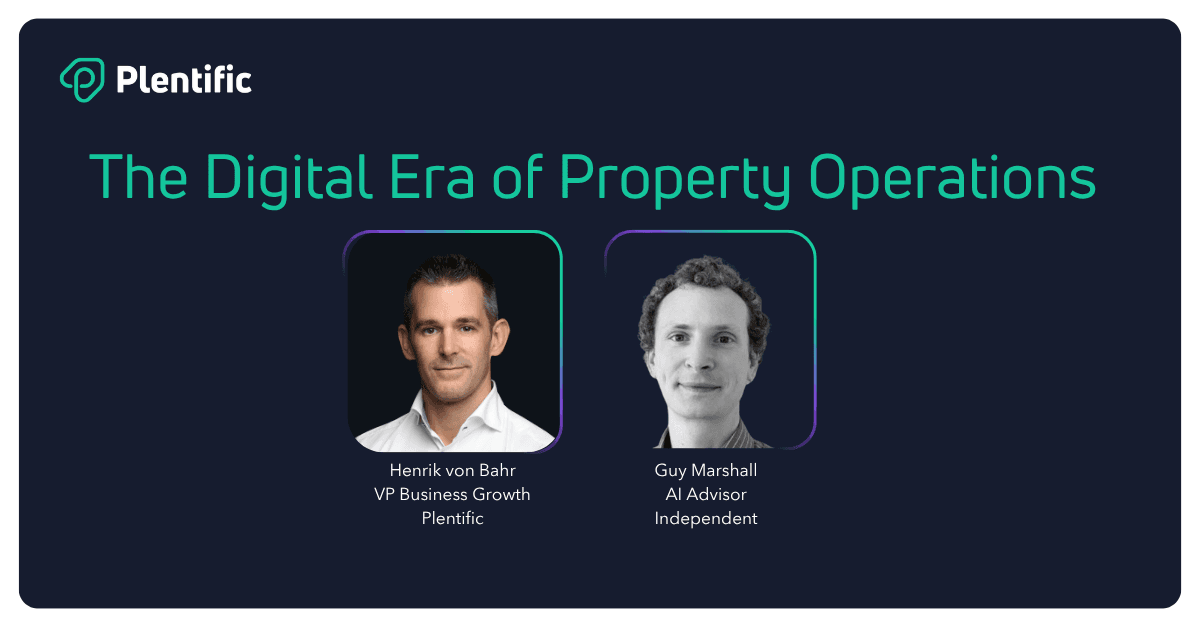
blog
The Digital Era of Property Operations: A Conversation with Henrik von Bahr and Guy Marshall
The real risk in housing isn’t AI — it’s inaction. Discover why embracing tech and bold leadership is key to safer, smarter property operations.

blog
Operational Workflow Readiness: Building Internal Systems That Can Stand Up to Awaab’s Law
Awaab’s Law enforces strict repair timelines from 27 Oct. Workflow readiness is now essential to compliance—visibility, speed and traceability are key.

blog
Beyond Business Systems: Why Housing Requires Its Own Software
Generic software can’t meet housing’s complex needs. Purpose-built solutions offer faster deployment, lower risk, and long-term value. Choose tech that fits the sector.
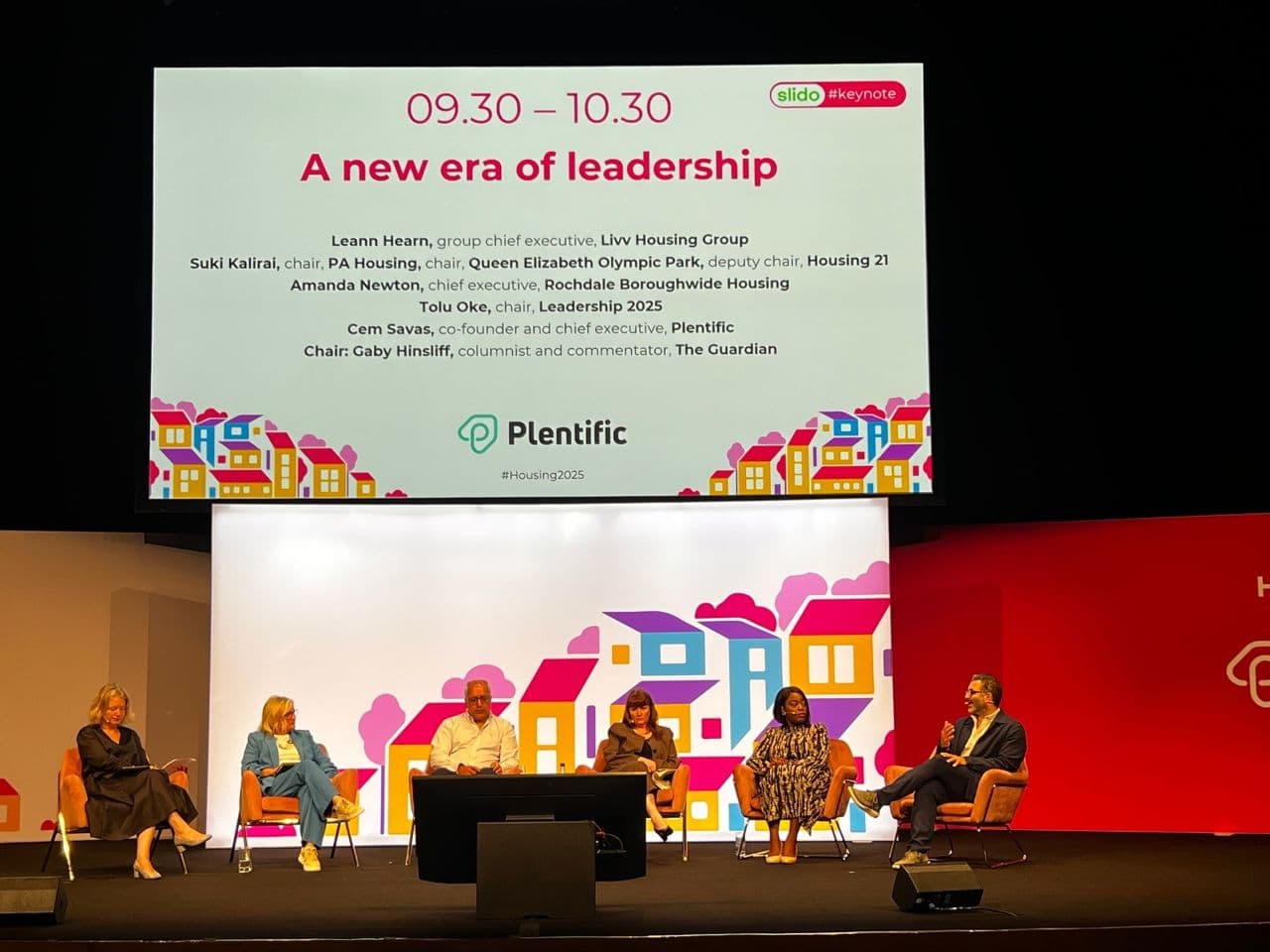
blog
A New Era of Leadership in Housing: From Crisis to Capability
Housing leadership must evolve by embracing technology, data and resident needs to drive real change. Standing still is no longer an option.

blog
Contractor Readiness Under Awaab’s Law: The Weakest Link of All?
Awaab’s Law makes fast repairs a legal duty. Without a scalable, tech-enabled contractor model, providers face high compliance, cost, and reputational risks.

blog
Now Is When We Build What’s Tomorrow
Why Innovation in Housing Starts—and Succeeds—With Partnership

blog
Beyond the Hype: The Real Role of AI and Automation in Social Housing
Emre Kazan, Co-founder and CPTO at Plentific, explores how AI and Intelligent Automation can transform social housing, urging robust data, digitisation, and practical, iterative adoption.

blog
Putting Residents First: How Plentific Is Powering the Future of Self-Service
Simon Wilkes highlights how Plentific's self-service platform, enhanced by AI and resident feedback, empowers residents and landlords with smarter, simpler solutions.
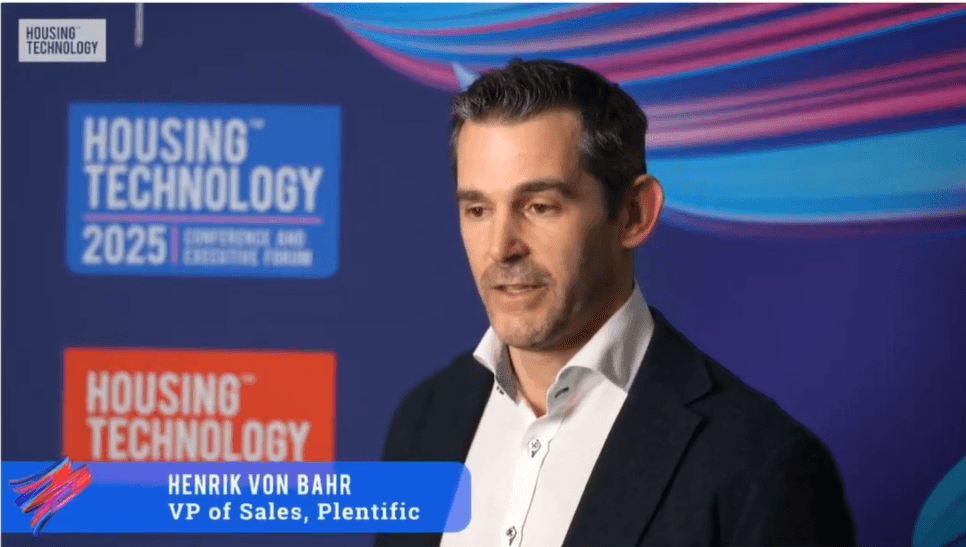
blog
Reflecting on Housing Technology 2025: A Milestone in Housing Innovation
Henrik von Bahr shares highlights from Housing Tech 2025 and looks ahead to Housing 2025, where Plentific will lead key sessions and showcase award-winning work.

blog
Choosing a Property Operations Software Supplier: The Key to Long-Term Success
Find out how the right property operations software partner can drive efficiency, support growth, and future-proof your housing organisation.

blog
Compliance As The Bedrock Of Tenant Satisfaction
Why the Housing Ombudsman’s warnings is an urgent call to action to solve compliance gaps, and how the right technology can help landlords do just that.

blog
The Essential Checklist: What Housing Providers Must Look for in Property Operations Software
Discover the must-have features housing providers should prioritise when choosing property operations software to boost compliance, efficiency, and resident satisfaction.

blog
Why Social Housing Providers Need Property Operations Software
Discover how property operations software helps housing providers cut repair costs, boost compliance, improve tenant satisfaction, and optimise resources.
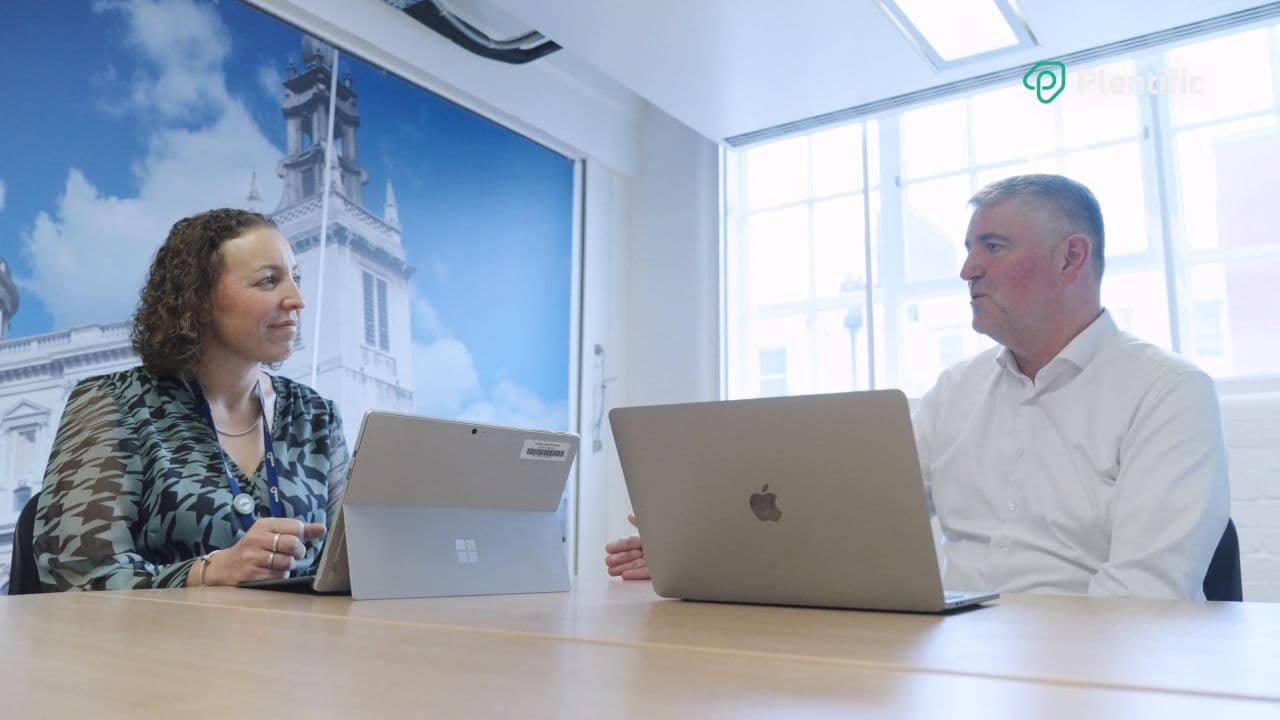
blog
Orchestrating Property Operations and Procurement on one end-to-end platform
Discover how Anchor streamlined property operations with Plentific, integrating procurement and repairs on one platform—boosting efficiency, cutting delays, and enhancing resident service.

blog
How Plentific’s Software Architecture Supports Housing Industry
Plentific's API-first platform integrates with existing housing systems, enabling real-time data sync, efficient operations, and enhanced service delivery. Learn how our architecture supports digital transformation and empowers housing providers.

blog
Bringing a Brand to Life: Connecting People, Processes, and Technology for the Future of Real Estate
Connecting People, Processes, and Technology for the Future of Real Estate at our Connect Conference

blog
How Technology Can Improve Disrepair Resolution For The Benefit of All
Disrepair in UK housing is a growing crisis, with tenants facing unsafe conditions and rising claims draining resources. Discover how AI-powered property operations software can streamline disrepair management, enhance compliance with regulations like Awaab’s Law, and improve tenant experiences. Explore the transformative role of technology in creating safer, more efficient social housing.

blog
New Technologies to Watch in Housing This Year
Emily Shaw explores the UK Government's AI push, highlighting how platforms like Plentific are transforming property operations with AI-powered tools and centralised data.

blog
Uniting the Ecosystem: Overcoming Data Silos in Property Management
Discover how social housing providers can overcome data silos, improve resource allocation, and enhance resident services through integrated technologies and a unified data strategy.

blog
The Benefits of Real-Time Data for Social Housing
In this blog, we talk about the key benefits real-time data has for social housing providers to ensure they maintain safe and compliant homes.

blog
Streamline Workforce Management with Plentific's Dynamic Scheduling Software
In this blog, we delve into the primary challenges faced in field service management when coordinating multiple stakeholders, project demands vary, and schedules need to be readjusted constantly.

blog
Housing Disrepair: What Causes It, and How Can Landlords Fix It?
In this blog, we talk about why it's important to keep up with maintenance in UK homes. Fixing problems quickly keeps people safe, saves money, and ensures good living conditions.

blog
The Impact of Damp and Mould on the Social Housing Sector
In this blog, we talk about how damp and mould has had far-reaching impacts on the social housing sector and continues to cause harm for residents.

blog
From Fragmentation to Fluidity: The Digital Revolution in Property Supply Chains
In this blog, we delve into the primary challenges faced in property management supply chains and explore innovative ways technology can digitalise and optimise these processes.

blog
4 Tech Tactics for Navigating UK Housing Legislation in 2024 and Beyond
We explore four ways technology can bridge the gap and enhance property operations in light of the latest UK housing legislation.

blog
How to Improve Your Property Maintenance
When it comes to property maintenance, efficiency is key. Delve into the core strategies that you can use to improve and streamline your maintenance processes.
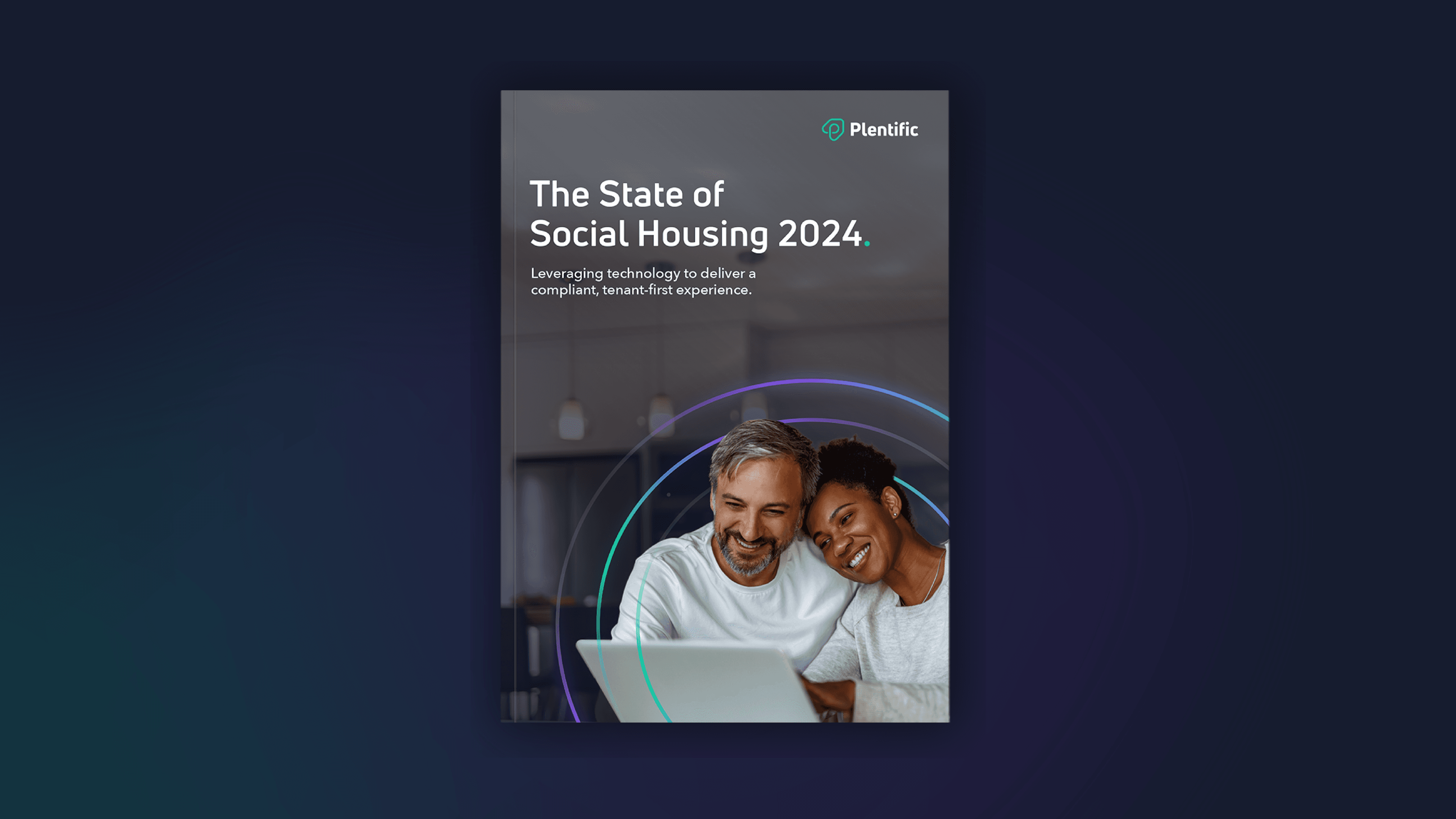
blog
The State of Social Housing 2024: Unveiling the Unspoken Realities
Providing a glimpse into our State of Social Housing 2024 whitepaper, this blog discusses critical topics such as the UK's housing shortages and regulatory challenges. It also emphasises the pivotal role of collaboration and technology in effectively addressing the housing crisis.

blog
Decoding the Complaint Handling Code 2024: What Housing Providers Need to Know
Explore the pivotal changes introduced by the Complaint Handling Code 2024 in our latest blog and how leveraging technology can ensure compliance success.

blog
How the cost-of-living crisis is impacting the resident experience
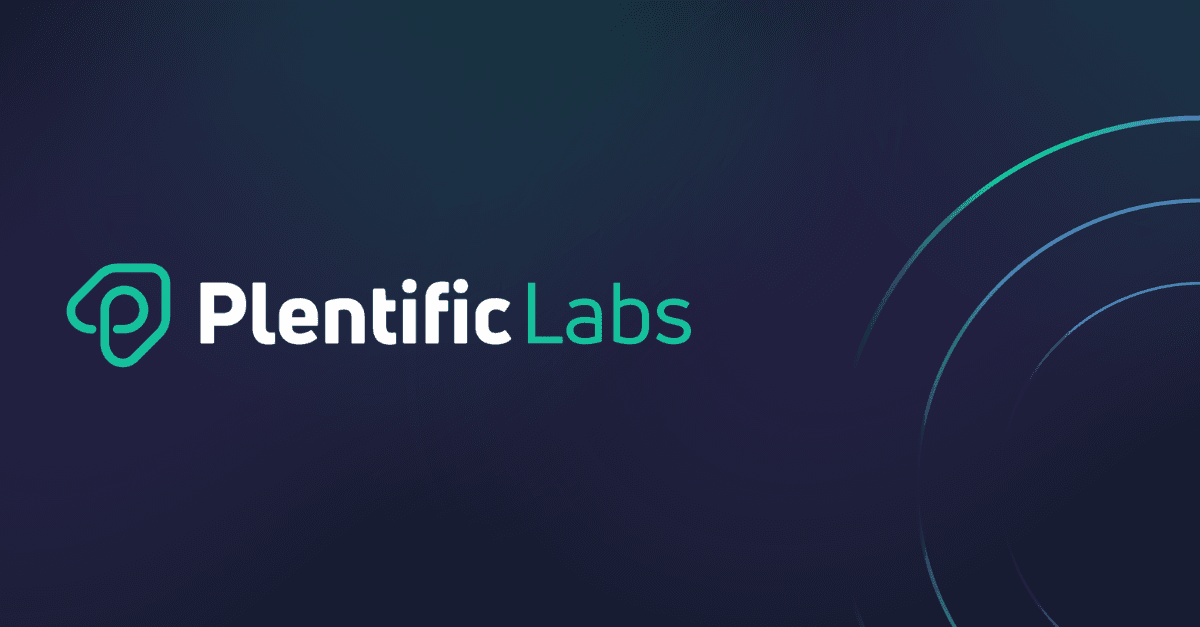
blog
An Introduction to Plentific Labs
We’re launching a new series of interactive workshops to tackle some of the biggest challenges facing housing providers head on. We call these Plentific Labs.

blog
Better Social Housing Review: How technology can drive results.
Dive a little deeper with us to find out how technology can improve some of the key themes such as data, supply chain and resident experience.
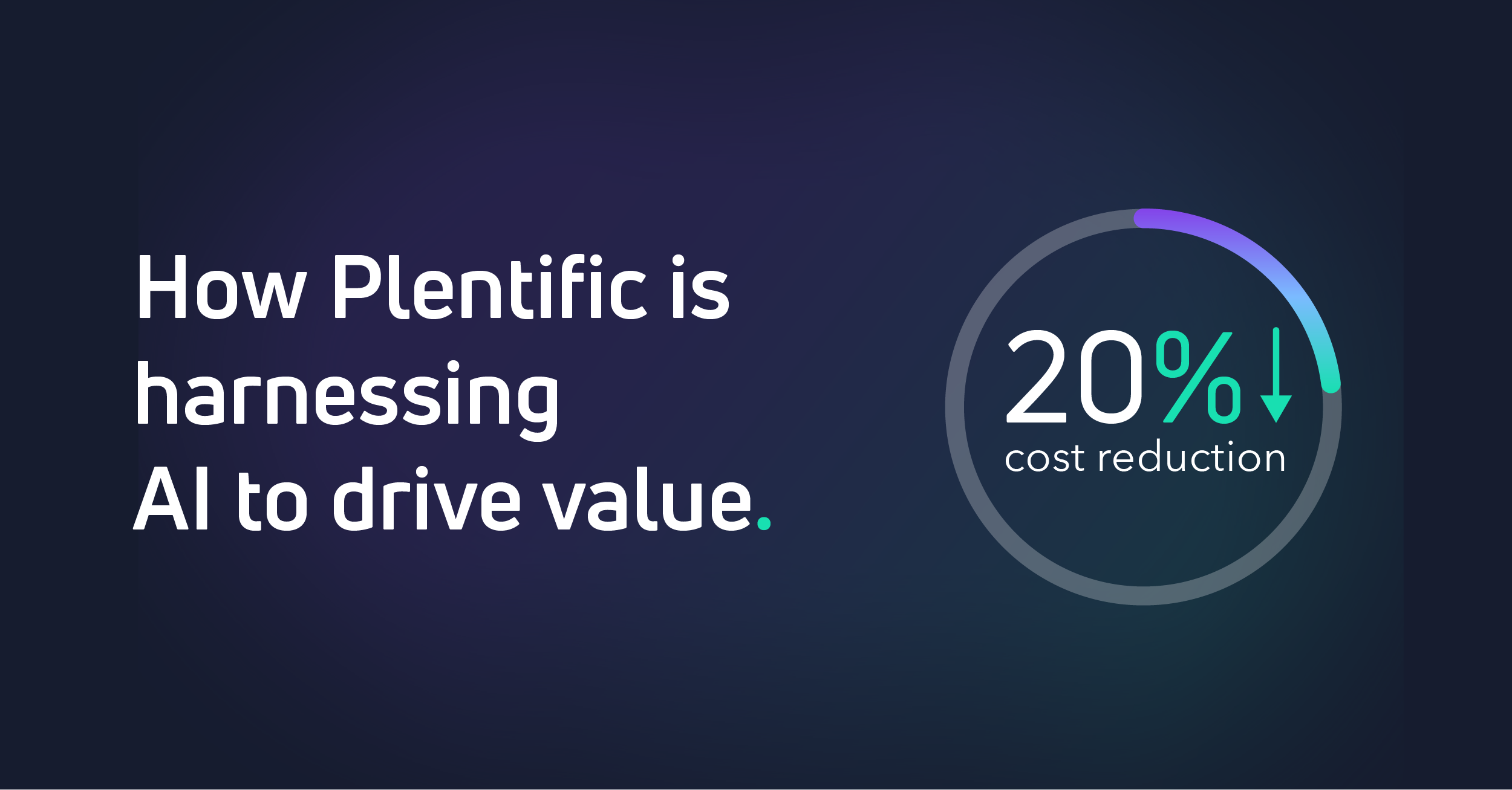
blog
How Plentific is harnessing AI to drive value at a time of inflation, increased demand and reduced budgets
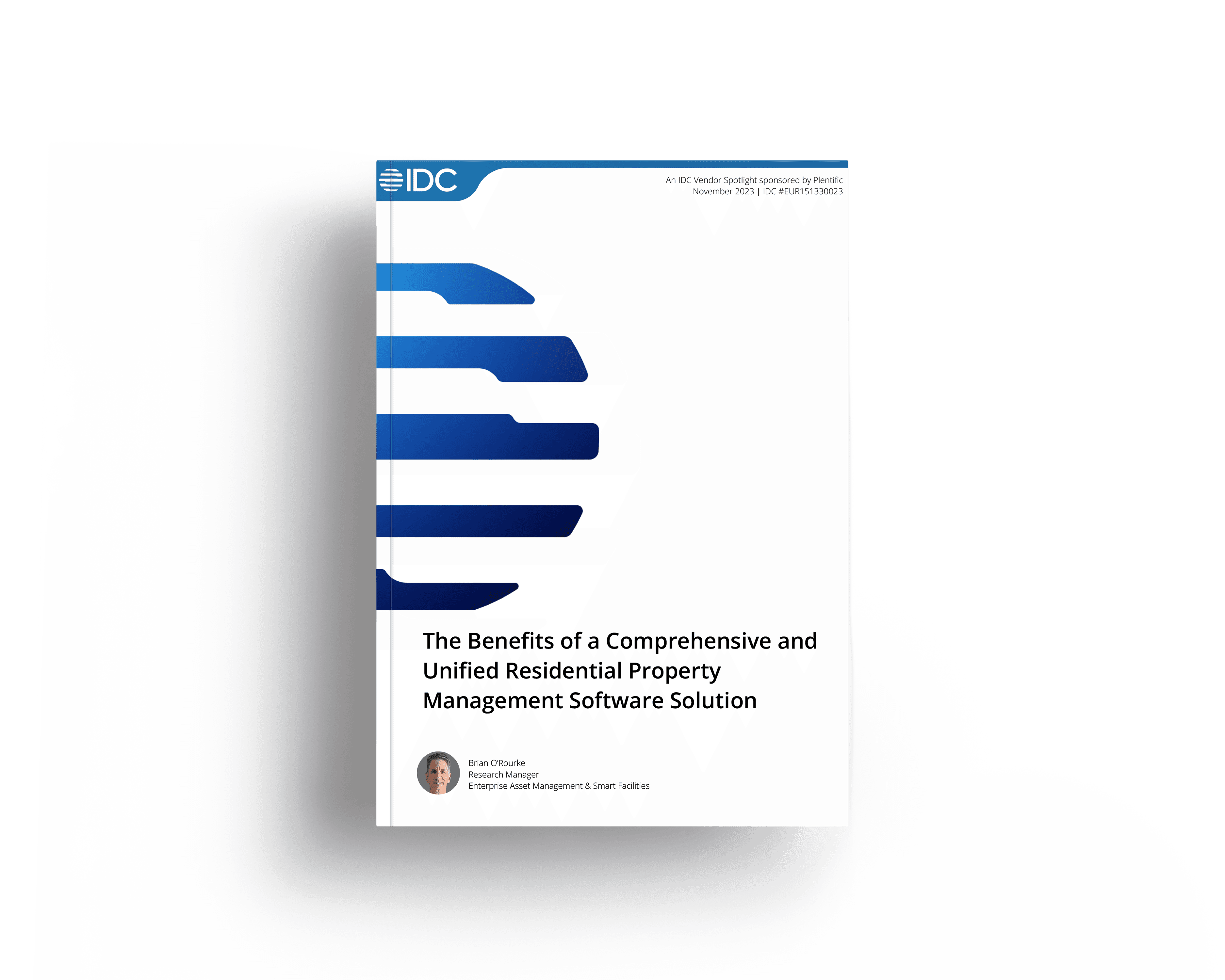
blog
Unifying residential property operations technology key to address mounting challenges

blog
Automations and connectors: indispensable tools for efficient property operations.

blog
Compliance obligations: 5 tips for property owners and managers.
It’s essential to have a proactive approach to compliance to ensure sustainable long-term adherence.
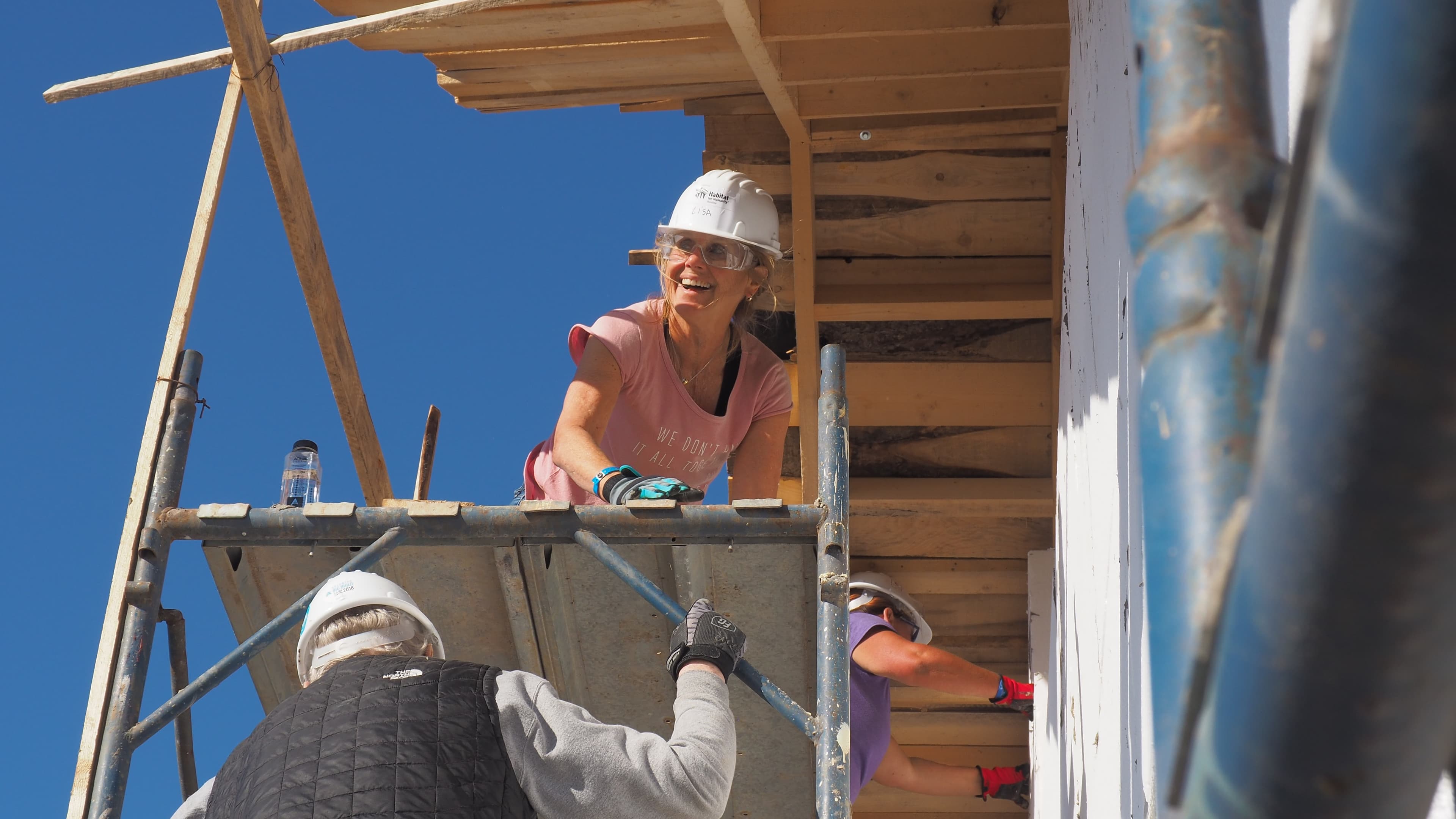
blog
Improving job security for women in the trade sector
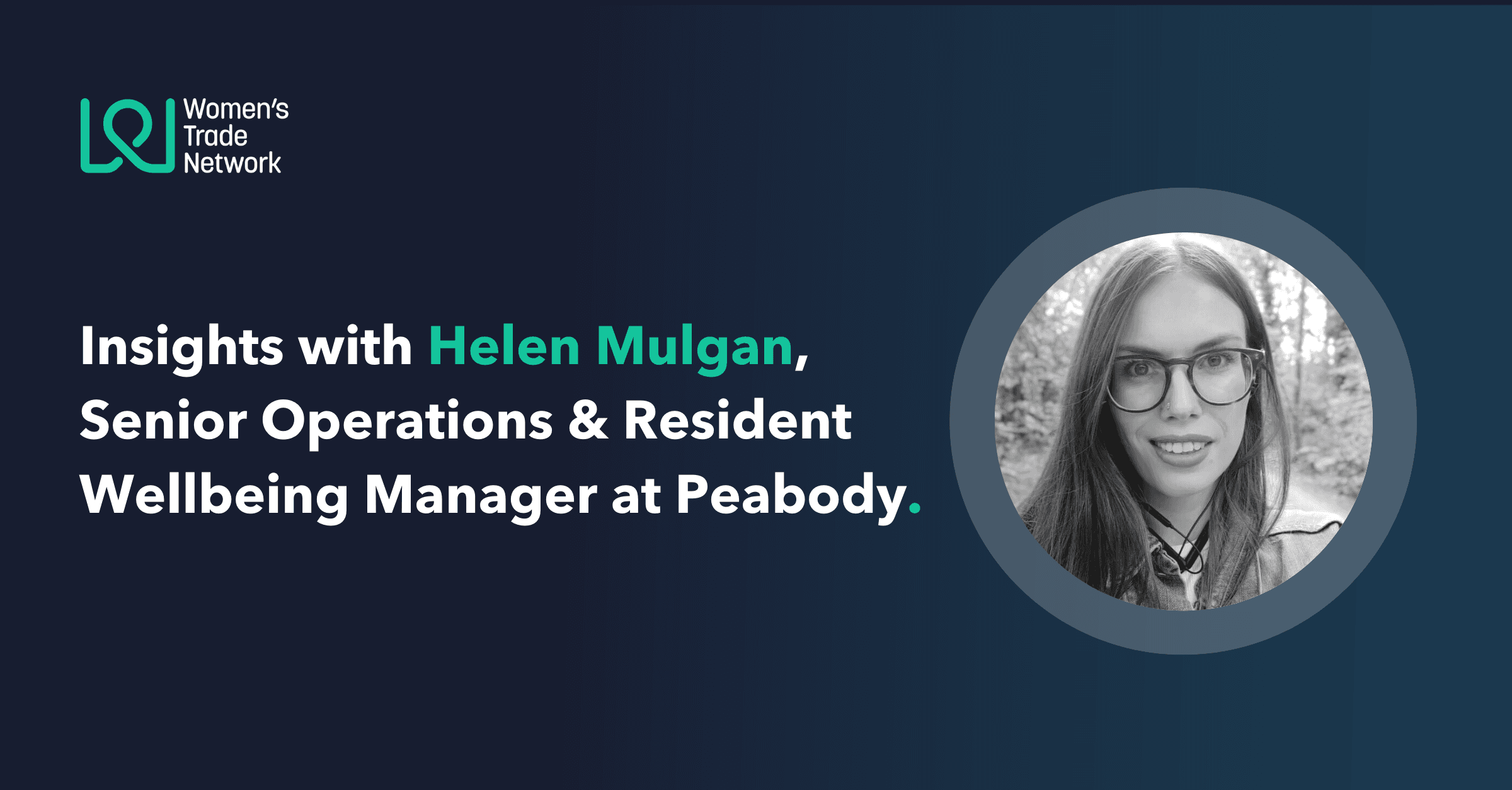
blog
Helen Mulgan: Representation and Allyship for Women in Trades
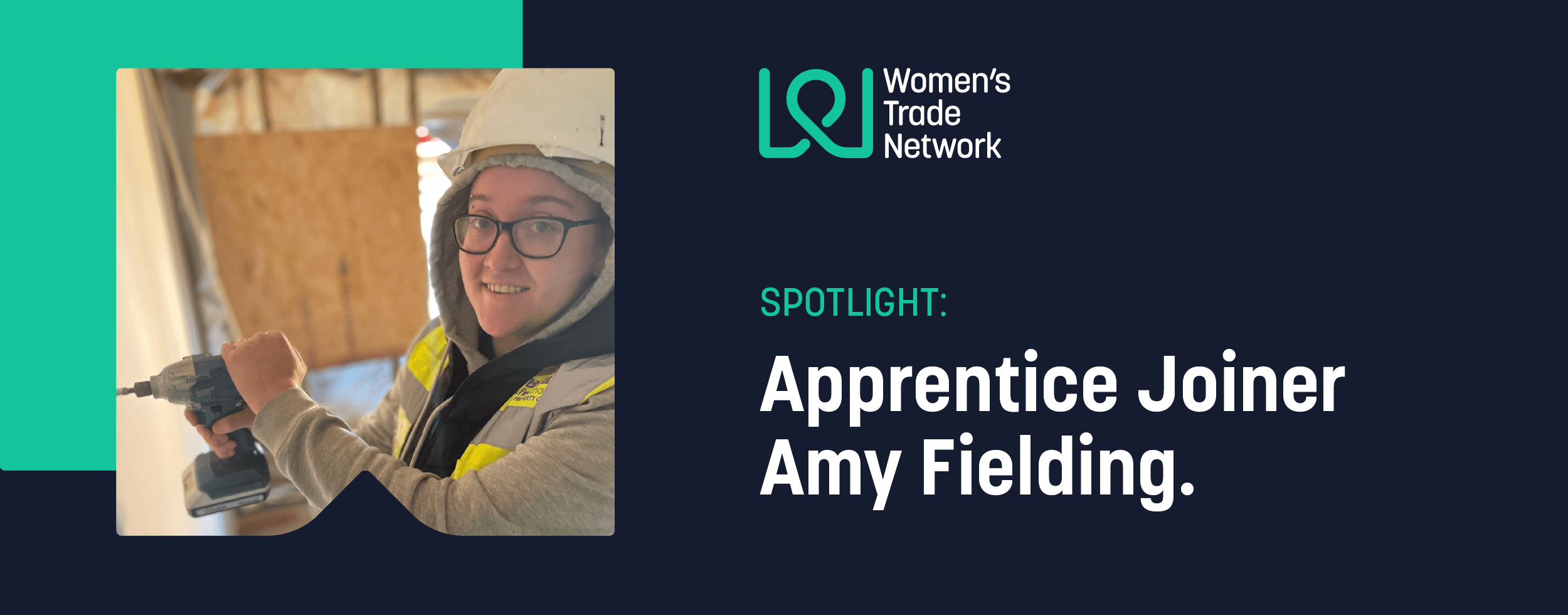
blog
Spotlight: Apprentice Joiner Amy Fielding

blog
Women in Trades: How to Mitigate Potential Barriers to Entry
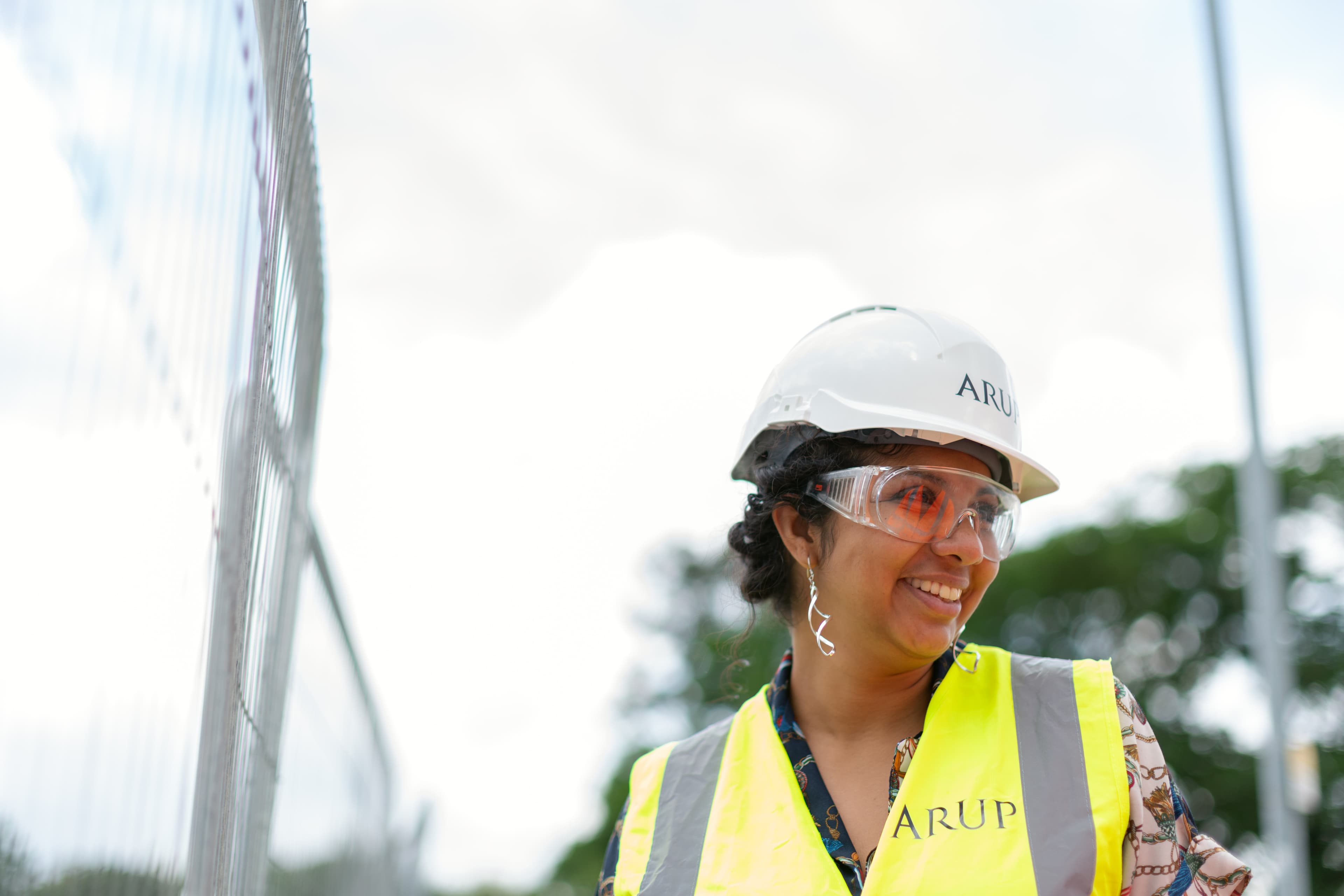
blog
7 Meaningful Steps Your Company Should Take to Support Women in Trades and Construction
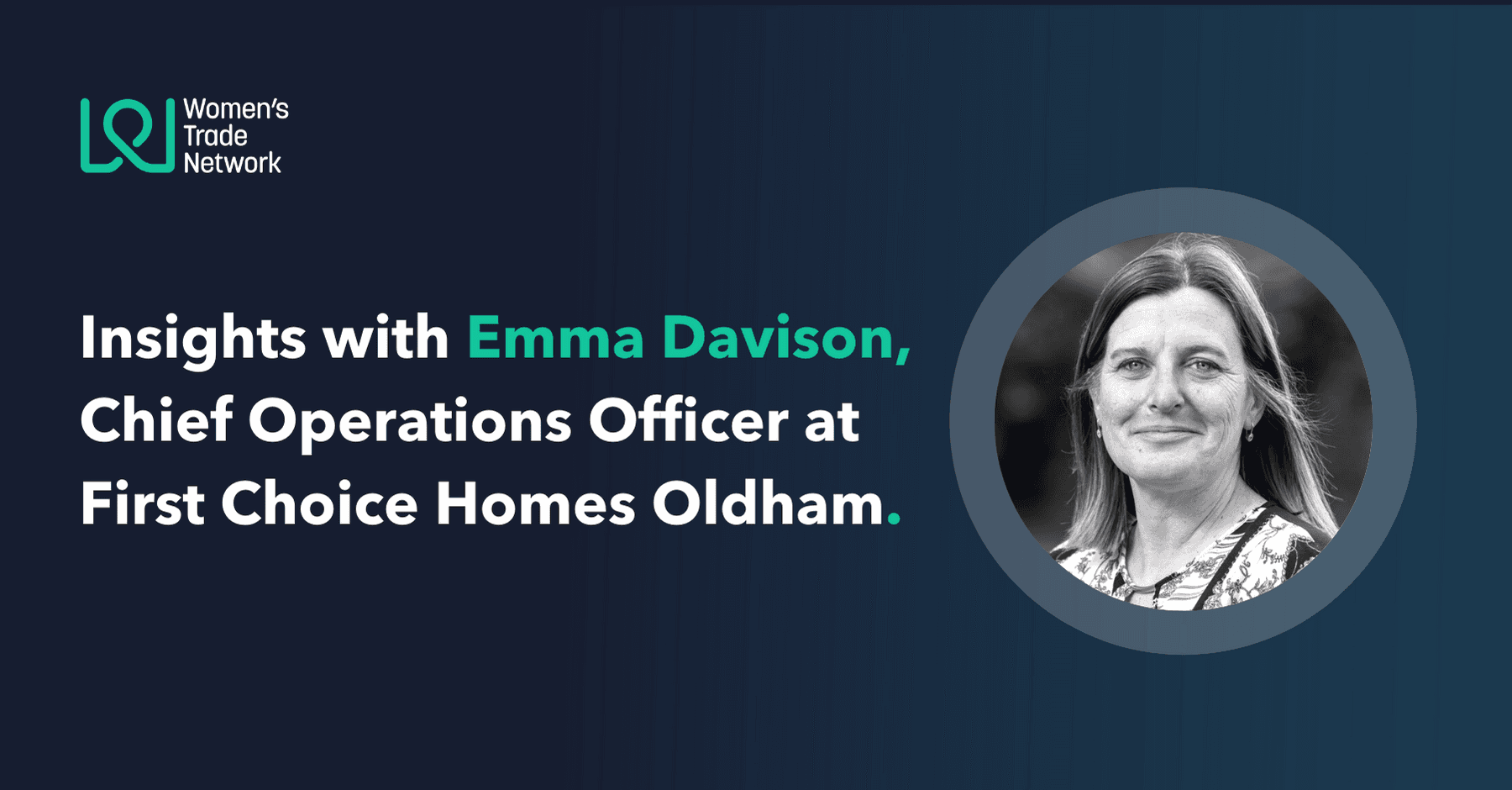
blog
Emma Davison: Creating the culture to encourage more women in trades

blog
A better way to pay - Plentific adds bank transfers to its payment solutions
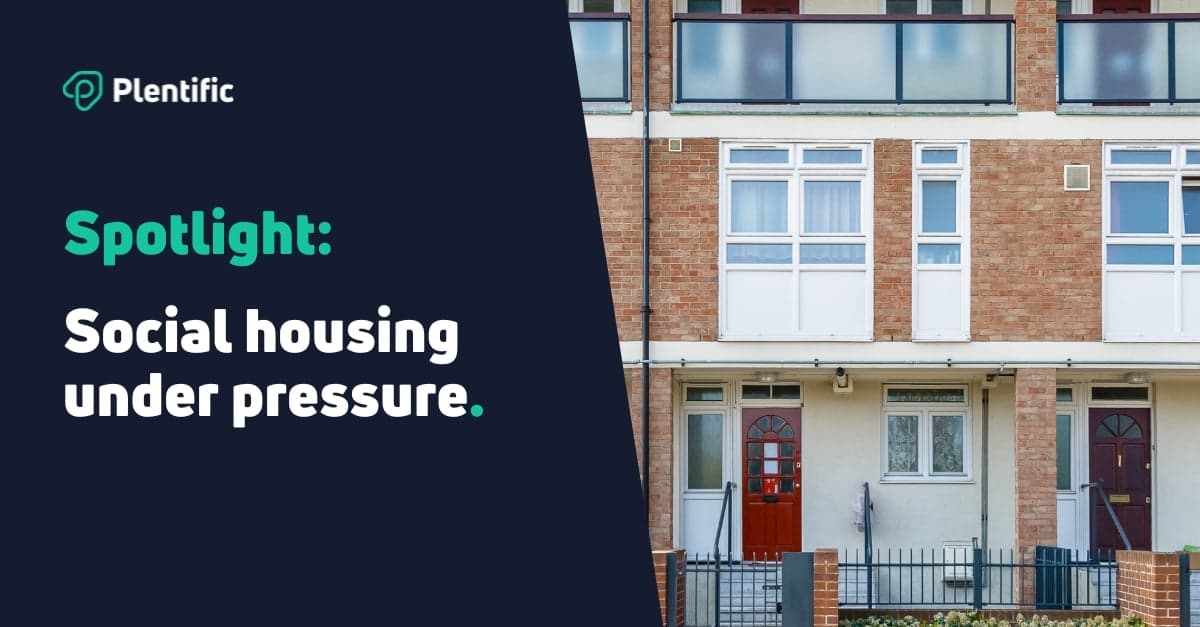
blog
Spotlight: Social housing under pressure

blog
